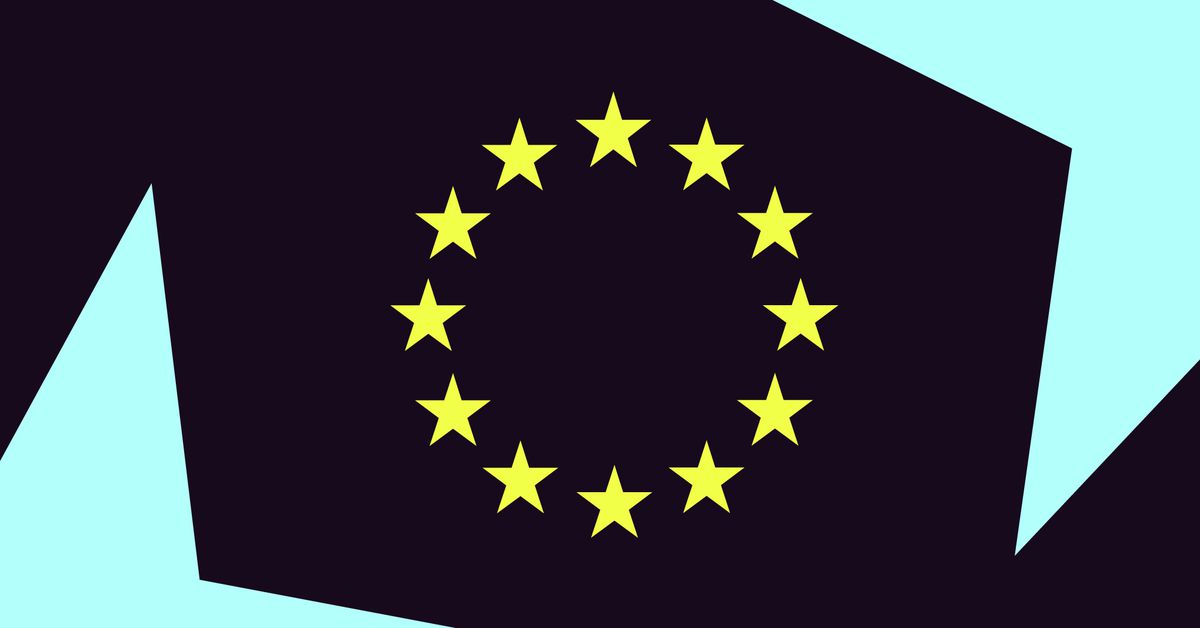The EU’s Consumer Protection Cooperation (CPC) regulators, who began their investigation after complaints from consumer watchdog groups, claim the company uses confusing language to explain how both the paid and “free” versions of Facebook and Instagram work and that its rollout pressured people to make a choice without enough time to consider how it would affect them. They also say that calling the ad-free versions of Facebook and Instagram “free” is misleading since it still requires users to consent to the use of their data for targeted ads.
Didier Reynders, EU Commissioner for Justice, says customers shouldn’t be “lured into” thinking they won’t see ads if they pay the subscription, or that it’s free despite the company profiting from their personal data. Companies must be transparent upfront about how they use user data, he added.
“Subscriptions as an alternative to advertising are a well-established business model across many industries,” Meta spokesperson Matt Pollard told The Verge in an email, “Subscription for no ads follows the direction of the highest court in Europe and we are confident it complies with European regulation.”



Except that’s specifically the approach FB made that’s illegal in the EU.
Privacy is not something to be put behind a paywall, and it’s not a real choice.
I didn’t look too deeply into it, but as I understand it, it is acceptable to make people pay a reasonable price to compensate for losses from lack of targetted advertising. The problem with what facebook did is that the price was completely dispropotionate and obviously meant to make sure most people don’t pay it.
The purpose of the law is that consent is supposed to be given freely - holding privacy ransom is not that.
Besides, Meta is identified as a gatekeeper under DMA, so EU might be even more strict with them.
Anyway, I’m not a lawyer, so don’t quote me on any of this. :)